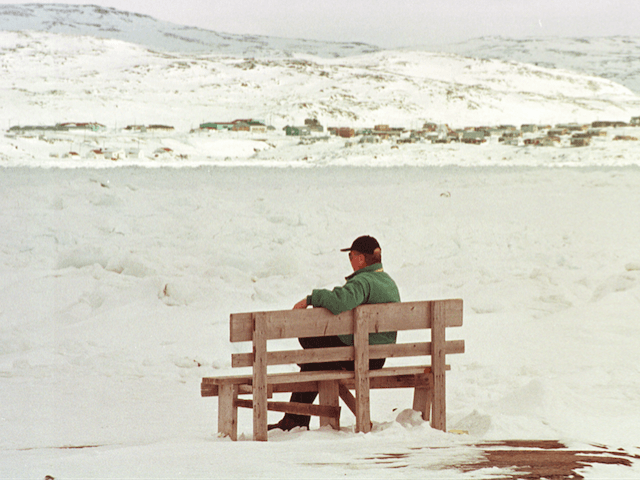An Islamic community near the North Pole has inaugurated a new mosque in Iqaluit, in the region of Nunavut, Canada, becoming the second mosque built at the North Pole after a Saudi journalist arranged for the construction of a mosque in the Canadian town of Inuvik in 2010.
The new mosque, inaugurated on Friday, will reportedly serve as a place of prayer and a community center in Iqaluit, where about 100 Muslims reside, as well as offering a place to learn about Islam. There are also plans to operate a food bank at the site.
When the idea of the mosque was first proposed in 2009 there wasn’t much enthusiasm among the local Muslims. “People said, ‘A mosque is not required here, we’re a transient society, we come and go,’” said Syed Asif, the Pakistani native who spearheaded the project.
In that same year, Asif established the Islamic Society of Nunavut and began fundraising for the mosque as well as negotiations with the territorial government over land acquisition and zoning.
“By establishing this mosque, we are saying one thing: we are now a part of the Iqaluit community,” said Hussain Giusti, general manager of the Zubaidah Tallab Foundation, which together with the Islamic Association of Nunavut built the mosque at a cost of $800,000.
Giusti said that constructing a mosque at the North Pole sends a message that a mosque can be built anywhere.
“If you can build a mosque in Iqaluit, you can build it anywhere else on the planet,” he said.
Guisti also said the new mosque will encourage more Muslim families to move to the area.
“This mosque is not only for prayer, but for educating our kids, our families,” said Muhammad Wani, vice-president of the Islamic Association of Nunavut, who called the new mosque “a dream which came true.”
The first North Pole mosque was built by a Saudi journalist named Hussein Qasti, who called the worship center The Mosque at the End of the World.
The mosque was constructed in the Canadian town of Inuvik, about 125 miles from the North Pole, for the 75-80 Muslims who make their home there.
Qasti collected donations from several Arabs in different parts of Canada and an Iraqi engineer Ahmed al-Khalaf who lives in Inuvik.
The mosque was also meant to encourage local Muslims to start planning the construction of a cemetery and a cultural center.
Follow Thomas D. Williams on Twitter Follow @tdwilliamsrome

COMMENTS
Please let us know if you're having issues with commenting.